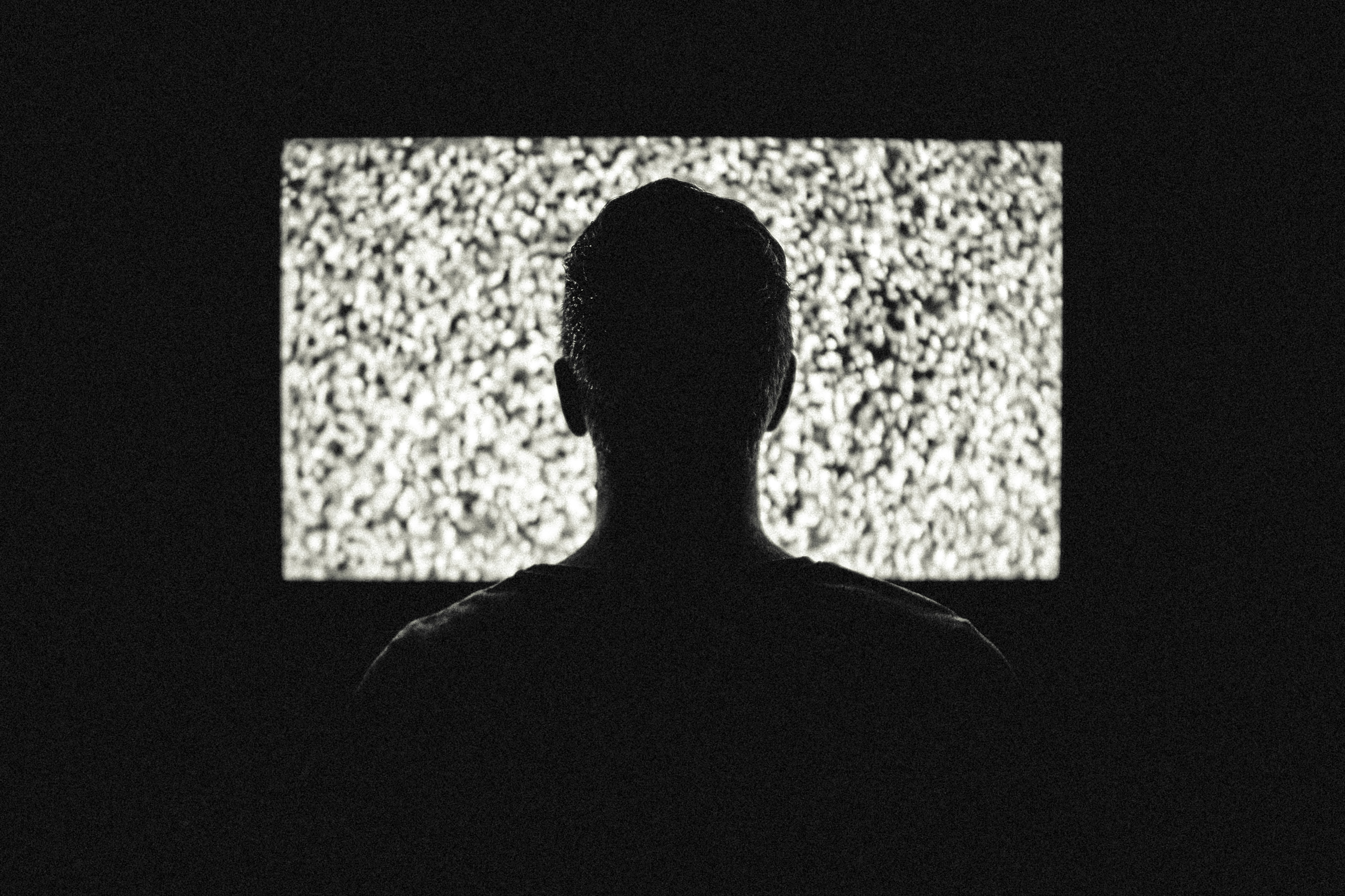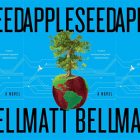The Narrative Medium of our Times: An Interview with TV Critic Matthew Gilbert

“57 Channels (And Nothin’ On),” Bruce Springsteen’s iconic song, touched a nerve in 1992 when it came out, but much has changed in the world of television since then. From micro-series to mini-series and book adaptations, television has arguably become our culture’s dominant storytelling medium. TV is no longer the second cousin to film; in many ways, it’s become the higher art form. And to a great extent, television has become society’s barometer—it shapes and tells us more about who we are than almost any other medium. Shows like Transparent, Orange is the New Black, and The Wire push boundaries, broaden our views, and challenge our assumptions—things great art aspires to do.
How has television changed and what makes it such an effective culture force? I asked Matthew Gilbert–Boston Globe TV critic, former managing editor of Boston Review, and author of Off the Leash: A Year at the Dog Park–to share his views.
Annie Weatherwax: How has television changed in the last twenty years and what do you think accounts for that change?
Matthew Gilbert: Two words.
First word: “Sopranos.” Everything changed when The Sopranos became a massive hit and cultural sensation shortly after it premiered in 1999. Suddenly, it was clear that TV executives and advertising executives were wrong: viewers were indeed willing to watch anti-heroes and explore the gray areas of character and human nature. That realization opened the door for TV writers who didn’t just want to deliver good guys vs. bad guys and build shows around the likes of Marcus Welby, M.D.
The success of The Sopranos also proved that, suddenly, viewers were willing to go to cable en mass. Before, it was hard for viewers to make the psychological—and financial—leap away from broadcast networks. Now they were willing to explore, drawn to the idea that, because cable channels don’t answer to advertisers (who tend to want happy or “positive” shows), they are able to get gritty and be more like movies.
Second word: “Reality.” At the same time that The Sopranos was revolutionizing scripted TV, Survivor was demonstrating that this newish genre, reality TV, had boffo potential. It was incredibly cheap to make—no script, no actors—and yet it could draw millions of viewers. Plus, reality shows could be put together quickly, making them perfect patches for prime time schedules.
Of course, now we can see how culturally corrosive reality TV has been. Its focus on manufacturing drama simply for attention, and the way it glorifies people who don’t have talent, have helped pave the way for Trump.
In short, when it comes to TV, it’s the best of times and the worst.
AW: In many ways television has eclipsed film and literature as a storytelling medium. Some people think this is due, in part, to the fact that there is more diversity and more women in the television industry. Do you agree? And what else, in your opinion, accounts for this shift?
MG: In part, yes, diversity has helped, although TV still has a long ways to go before women, [individuals who identify as] LGBT, and people of color are well-represented on the screen and behind the scenes in the TV industry. But, still, we have a lot more diversity than we did twenty years ago, and shows built around gay characters and black characters are no longer considered particularly groundbreaking.
It’s easier to target smaller groupings of viewers now. TV has become a niche medium, to some extent, in the years since The Sopranos. On broadcast networks, demographics have become the way to judge the success of a show. A show may not have a lot of total viewers, but if it has a lot of viewers in the 18 to 49 age range, it’s going to attract a lot of advertisers and be successful. On pay cable channels, subscriptions are what matters. The reboot of Twin Peaks on Showtime did really poorly, ratings-wise, but it brought in a shit-ton of new subscribers. So there is less pressure these days to go for big audiences, and more of a desire to go for specific audiences.
AW: Recently novels such as Pretty Little Liars, Olive Kitteridge, and The Handmaids Tale, have become TV series. What does television as a medium bring to the adaptation that film does not?
MG: TIME. Time to show shadings of character. Time to move through character transformations and plotlines incrementally, without skipping critical moments. Time to build a large but vivid ensemble cast, and time to include significant pauses.
Also, TV is a writer’s medium. The writers are often the executive producers, and they have more power than the directors. That’s a big plus as far as telling a story goes, I think—don’t you??!! Film is a director’s medium, and the writers generally don’t have much to say about what goes into the finished product.
AW: According to a 2016 NEA report, the percentage of Americans who read literature has fallen to a thirty-year low. Have we entered a post-literary era? What influence, good and/or bad, has television had on this trend?
MG: TV is part of a larger war being waged on our attention spans. You know, the whole computer and smartphone thing. It’s a crying shame, if it’s true that we’re at a thirty-year low; I tend to have trouble with those kinds of surveys and polls.
I find good TV pretty challenging these days, so when I’m watching The Wire or Breaking Bad, I feel like I need to think. Smart TV writers no longer grab us by the hand and lead us through a story, reminding us with each episode where we are and who did what. They push us to make plot connections and they expect us to figure out character motivation. So the idea that TV AUTOMATICALLY dumbs people down doesn’t really ring true to me.
AW: Is television the new literature?
MG: OMG NO! I think TV shows are the new movies, to some extent. But nothing can replace the act of reading, not even really good drugs. Reading is more active than even the most challenged scripted TV.
Television, or at least quality television, has become a storytelling outlet now often compared to literature. Some of these quality shows are akin to the serial novels of the Victorian era, with their weekly installments. But, still: I don’t think TV could ever minimize the power of good literature.
AW: As a writer yourself, what is the most important thing you’ve learned about successful storytelling from television?
MG: As a writer, one thing I’ve learned from TV is that you can assume intelligence on the part of the reader. For so long, TV pandered to audiences by oversimplifying characters and over-explaining plot turns. But when so-called Quality TV began in the late 1990s and early 2000s, with its less pandering narratives and multi-dimensional characters, tons of viewers flocked to those shows and had no trouble appreciating them.
I’ve also learned that you shouldn’t rush character transformation (unless you’re aiming for comedy). When people change across the length of a story—and I believe people can change, unless they’re Tony Soprano—the process needs to be gradual and convincing. I’ve been happy to see scripted shows taking their time, over story arcs instead of single episodes, to let the characters grow, expand, retreat, or whatever.
Another thing I’ve learned: The beauty of restraint. Don’t push emotions too hard, don’t push cleverness too hard; audiences sometimes run when they think they’re being hammered on.



